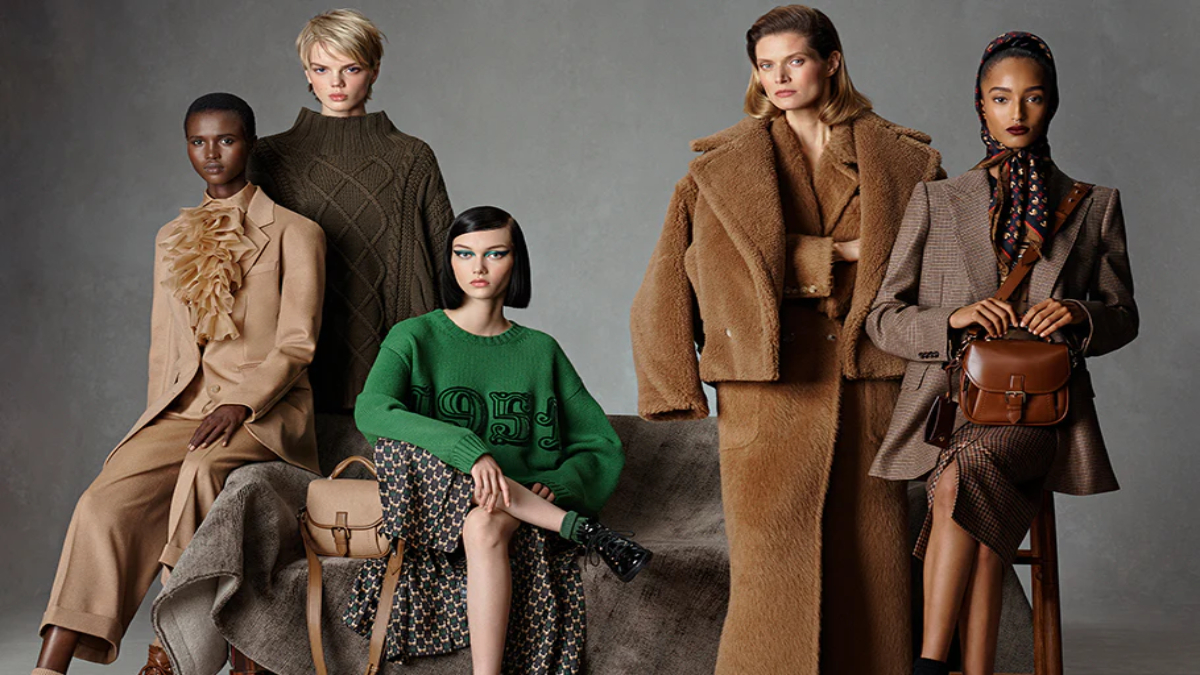Max Mara, the esteemed fashion house known for its timeless elegance and sophisticated designs, has long been synonymous with Italian luxury. With a rich history dating back to the 1950s, the brand has become a global icon, adorning fashion-forward individuals with its impeccably crafted garments. But amidst the allure of the Max Mara label, one question often arises: Is Max Mara truly made in Italy?
To answer this question, it’s crucial to delve into the brand’s heritage and manufacturing practices. Max Mara was indeed founded in Italy, in the city of Reggio Emilia, in 1951 by Achille Maramotti. From its inception, the brand has been deeply rooted in Italian craftsmanship and tradition, drawing inspiration from the country’s rich cultural heritage and artisanal expertise.
Throughout its storied history, Max Mara has remained committed to producing the majority of its garments in Italy, upholding the highest standards of quality and craftsmanship. The brand’s iconic coats, tailored suits, and luxurious knitwear are crafted by skilled artisans in Max Mara’s state-of-the-art factories located across Italy, from Lombardy to Tuscany.
However, it’s essential to note that while Max Mara maintains a strong presence in Italy, the brand’s global reach extends far beyond its home country. In recent years, Max Mara has expanded its production facilities to other countries, including China and Eastern Europe, in response to the growing demand for its products worldwide.
This expansion has prompted some speculation about the brand’s manufacturing practices and whether all Max Mara garments are still exclusively made in Italy. While the majority of Max Mara’s signature pieces continue to be crafted in Italy, some of its more affordable lines and accessories may be produced in other countries as part of the brand’s efforts to streamline production and remain competitive in the global market.
Nevertheless, the ‘Made in Italy’ label remains a hallmark of quality and prestige for Max Mara, symbolizing the brand’s unwavering commitment to excellence and Italian craftsmanship. Whether it’s a sumptuous cashmere coat or a sleek leather handbag, each Max Mara garment is imbued with the timeless elegance and sophistication that have come to define the brand.
In conclusion, while Max Mara may have diversified its manufacturing practices in response to changing market dynamics, its Italian heritage and commitment to quality remain central to its identity. So the next time you don a Max Mara creation, you can rest assured that you’re not just wearing a piece of clothing—you’re embodying the spirit of Italian luxury and craftsmanship that has captivated fashion enthusiasts for decades.

